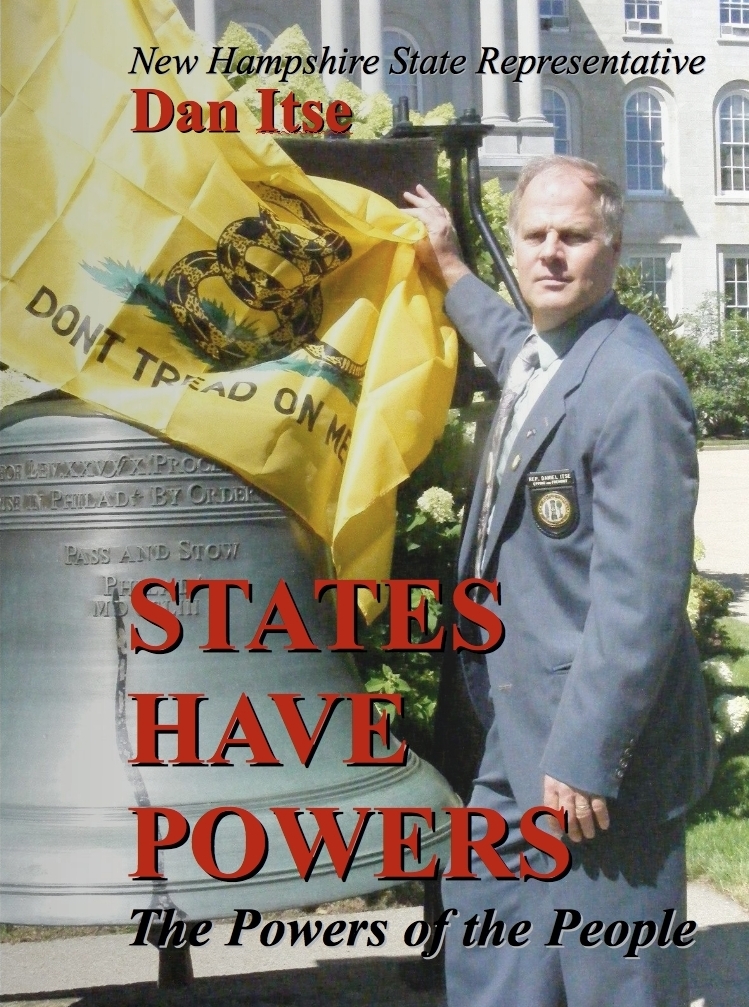
|
When Saul of Tarsus instructed generations to come that they should “[s]tand fast … in the liberty wherewith Christ has made us free and be not entangled again in the yoke of bondage…,” he gave us one of the most poignant expressions of the reason personal liberty and individual autonomy have arisen as core concepts in Western political thought.
These timeless words by St. Paul stand both as a perfect example and an important extension of the Judeo-Christian belief in the primacy of Man over the political powers of the moment. They establish an understanding that there exists a direct relationship between each person and God and this relationship has dignity and significance that no political entity may violate. They explain that from such relationship there arise inalienable rights that no government may set aside.
Without Christianity in the West, which arose in the face of Roman statism, political liberty would have no primacy; without a continuing affirmation of its belief in the sanctity of the individual, liberty and individual autonomy will not be sustained in the face of the darkness of collectivist politics: As has been said, “...the truth did set man free, although the men of darkness were offended and they tried to put out the light.”
Perhaps better than today – certainly with more accepted conviction than we find today – our founders, the drafters of the Constitutions of our States and our federal government, appreciated the unique sovereignty of the individual. They well knew that the “men of darkness” would always be with us, and always tempting us with a trade of liberty for unattainable utopia. Benjamin Franklin joined others from that time in warning us of this appeal to forego liberty when he said, “[t]hey who would give up essential Liberty, to purchase a little temporary Safety, deserve neither Liberty nor Safety.”
The founders knew, of course, that governments are necessary to secure liberty against the terror of anarchy and the totalitarianism of pure democracy. They knew as well, however, that it is necessary to prepare the foundational laws of those governments, our federal and State Constitutions, in a manner that would best protect the central sovereignty of individuals from the authoritarian repression of over-bearing government and the tyranny of the majority.
Our founders’ perception of repression came in the form of kings and military strongmen; since their day, we have come to know repression as often a phenomena of the collectivists, including fascism, communism, and the inexorable creep of nanny state socialism. But no matter the source of oppression, we share with the founders the hope of their vision: that our constitutions would stand fast against it and thereby secure our liberty.
For years, and with notable, but temporary exceptions, the constitutional dream of our founders remained at its core a reality. In recent years, however, the Federal constitutional protections have been eroded, most often in search of security.
Whether it is the individual mandate of the federal health care law, the judicially sanctioned abandonment of the Fourth Amendment by the Immigration and Customs Enforcement agency (ICE), the National Security Agency (NSA) and the Transportation Security Agency (TSA), taxation no longer equitably or modestly calling on the support of citizens, but rather confiscating most of the labor and property of a minority for transfer to a majority, or the continuing due process violations and widespread oppression arising out of the criminalization of normative behavior, our Federal Constitution has ceased to secure our inalienable rights. Indeed, as we witness its language being used to oust religions, particularly Christianity, from the public square, we often encounter the Federal Constitution not as a means of protection of our inalienable rights, but as a tool to undermine the very source of those rights.
As he first entered onto the national political scene over 50 years ago, Ronald Reagan noted in a speech that “[f]reedom is never more than one generation away from extinction.” Generations have passed since then. Were we to rely now on the Federal Constitution as a safeguard of liberty, there would be no generation standing between us and its extinction.
Do not conclude however that hope is lost. Our founders did not leave us one Constitution, but many Constitutions to protect our liberty. Those State Constitutions remain vibrant in many instances and as the last best hope for our country to recapture the vision of liberty shared by St. Paul, Benjamin Franklin and other of our founding fathers, Ronald Reagan, Rep. Dan Itse, and so many of us.
In the face of potential despair that liberty now might be irretrievably compromised, if not lost, Rep. Itse in StatesHavePowers has given us an encouraging reminder that within our State Constitutions lie the tools to do as President Reagan counseled in the remainder of his speech from 1961: fight for freedom; protect freedom; hand freedom on to our children.
If we do not do this, President Reagan said, then “one day we will spend our sunset years telling our children and our children's children what it was once like in the United States where men were free.”
This book is a fight by Rep. Dan Itse for freedom and to protect freedom and to hand freedom on to our children. His is a voice as old as that of St. Paul and as young as that of children yet to be born.
We should heed his message.
|
|

